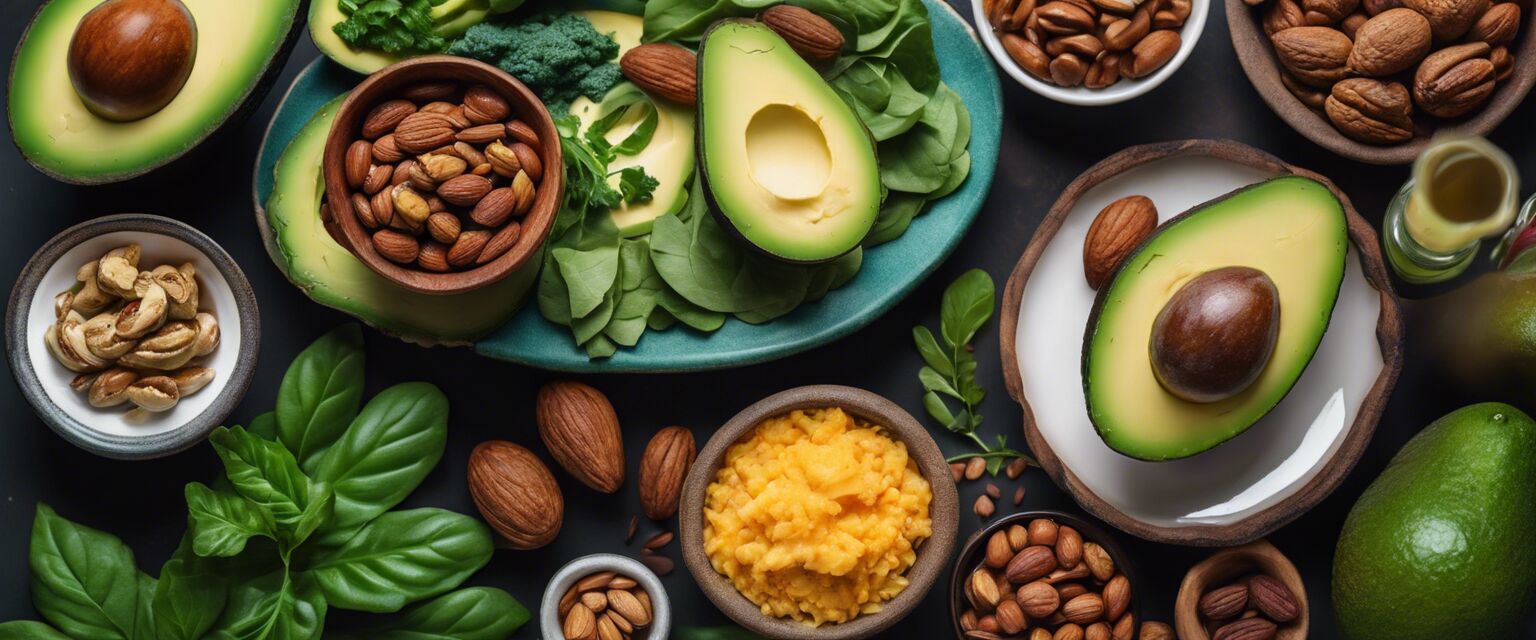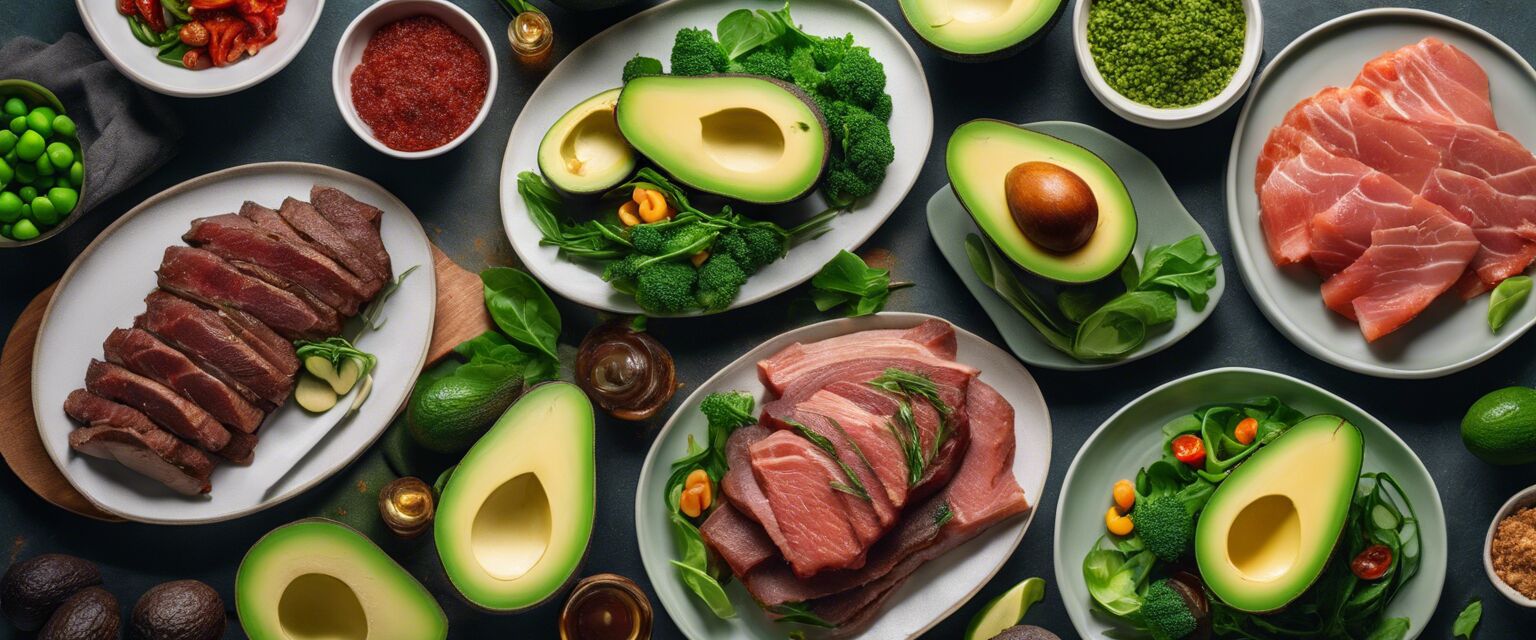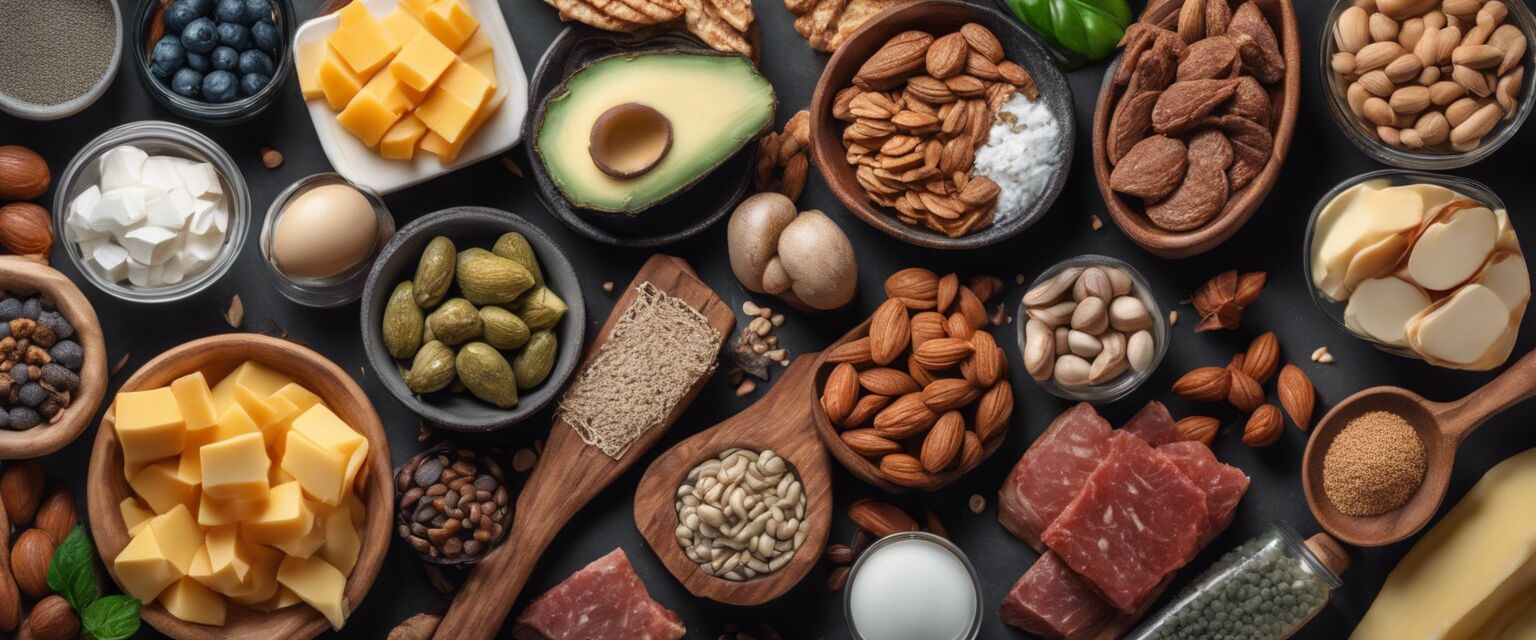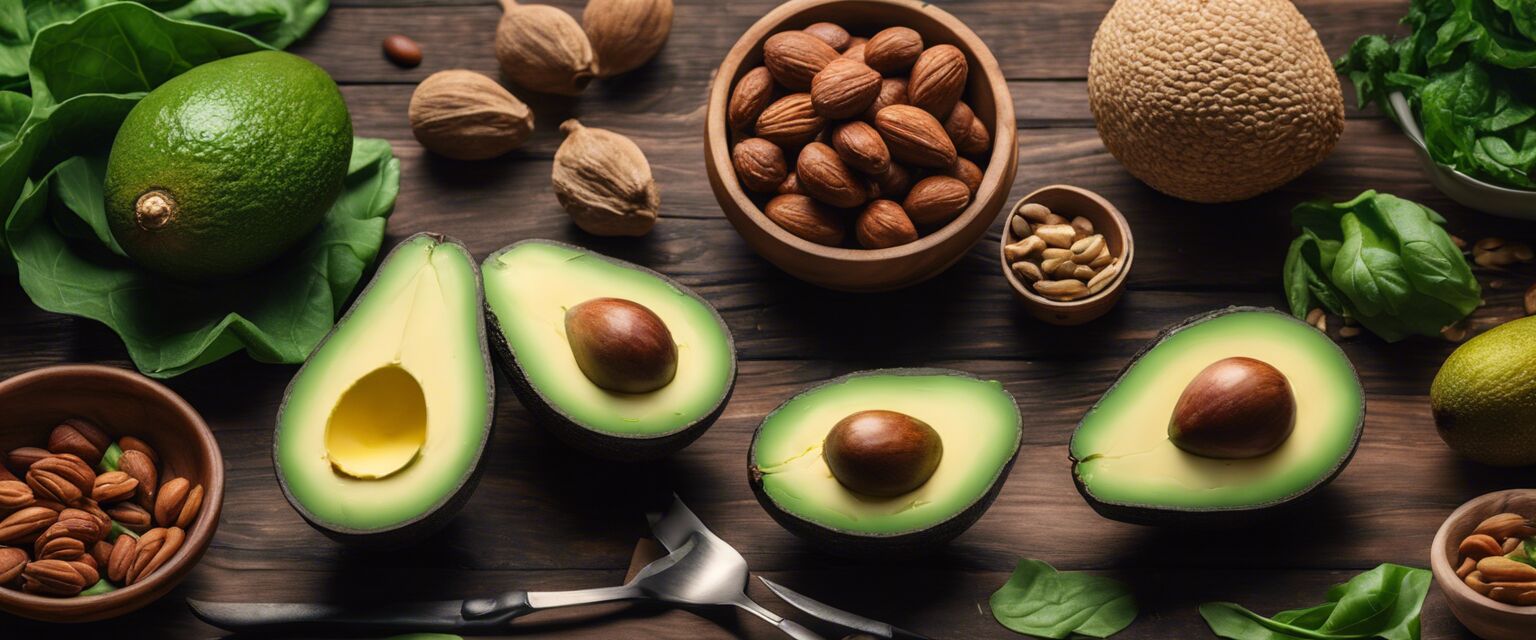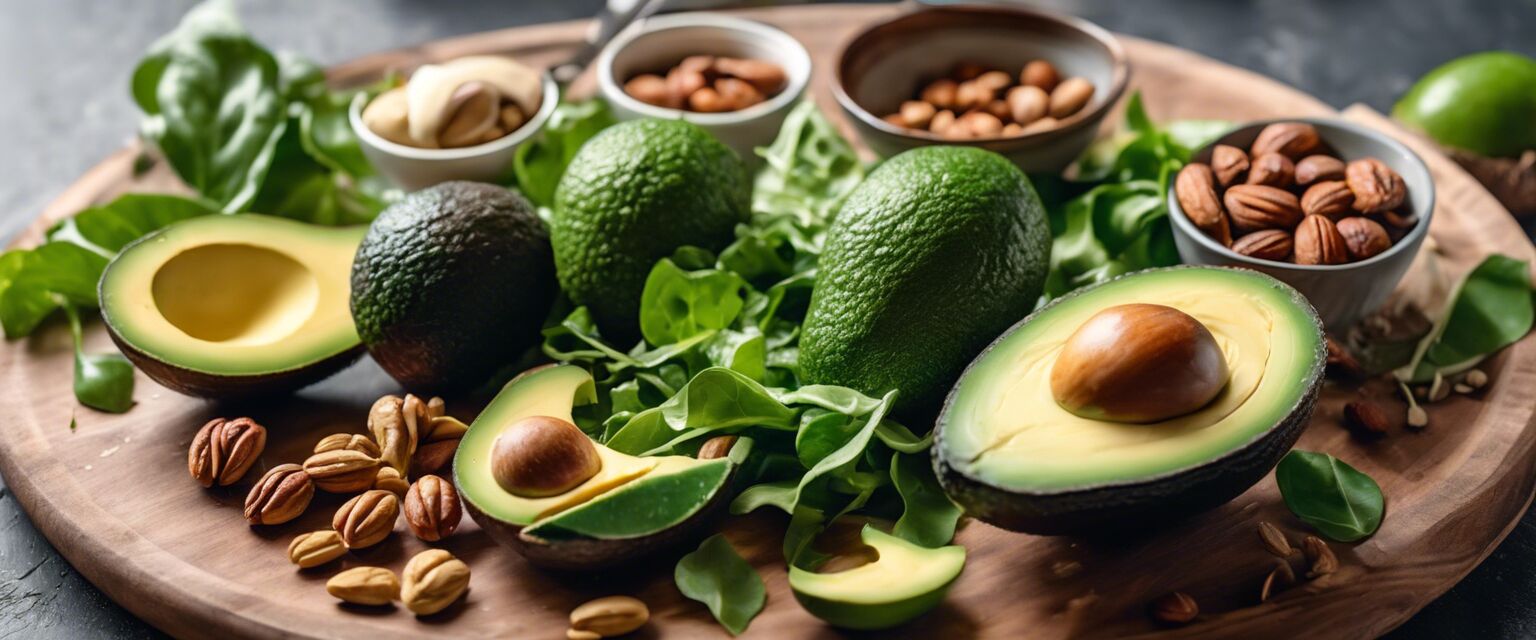
Keto Diet FAQs
Key Takeaways
- The keto diet emphasizes low carbohydrate intake to promote ketosis.
- Proper planning is essential to ensure nutritional balance.
- Hydration and supplementation can enhance the keto experience.
- Variety in meals enhances long-term adherence to the diet.
The ketogenic diet, commonly known as the keto diet, is a popular nutrition plan that leverages low carbohydrate intake to switch the body's primary energy source from glucose to fats. With its rising fame, questions arise regarding its effectiveness, implementation, and sustainability. This article aims to answer the most frequently asked questions about the keto diet, providing you with comprehensive insights and practical tips.
What is the keto diet?
The keto diet is a low-carb, high-fat diet designed to prompt the body to enter a state of ketosis. In ketosis, the body efficiently burns fat for energy instead of carbohydrates.
How does ketosis work?
During ketosis, the liver converts fatty acids into ketones, which are then used as an alternative energy source for the brain and body.
What foods can I eat on a keto diet?
| Food Type | Examples |
|---|---|
| Healthy Fats | Avocado, olive oil, coconut oil |
| Proteins | Meat, fish, eggs, cheese |
| Low-Carb Vegetables | Spinach, broccoli, cauliflower |
| Snacks | Nuts, seeds, cheese crisps |
What should I avoid on the keto diet?
To maintain ketosis, it is crucial to limit the intake of carbs, including:
- Bread and grains
- Sugar and sugary foods
- Starchy vegetables
- Unrestricted fruits
How many carbohydrates can I consume daily?
Generally, a daily intake of 20-50 grams of carbohydrates is recommended to maintain ketosis. However, this can vary based on individual needs and activity levels.
Can I do keto long-term?
Yes, many people find that they can follow a keto diet long-term. However, it's essential to incorporate variety and ensure nutritional balance.
Do I need to count calories on the keto diet?
While counting calories is not strictly necessary, monitoring overall caloric intake can help with weight loss goals.
What are the common side effects of the keto diet?
Newcomers to the keto diet may experience flu-like symptoms, often referred to as "keto flu." Symptoms might include:
- Fatigue
- Headaches
- Nausea
- Dizziness
These symptoms usually subside after a few days as the body adjusts to ketosis.
How to stay hydrated on the keto diet?
Staying hydrated is crucial on the keto diet. Increased water intake can help mitigate the effects of keto flu. Include electrolytes in your diet, particularly:
- Sodium
- Potassium
- Magnesium
Key strategies for success on keto
Tips for Beginners
- Plan your meals ahead of time.
- Experiment with keto-friendly recipes.
- Track your food intake to stay on track.
- Engage with keto communities for support.
What are some keto-friendly snacks?
Snack options that fit into a keto diet are plentiful. Some popular snacks include:
- Hard-boiled eggs
- Cottage cheese with nuts
- Peanut butter with celery
- Deli meats wrapped around cheese

Can I have alcohol on the keto diet?
Yes, but moderation is key. Opt for low-carb alcoholic beverages such as spirits, dry wines, or light beer. Always read labels to ensure carb counts align with your keto goals.
What supplements can support a keto lifestyle?
Some people find it beneficial to take keto supplements to aid in the transition and maintain energy levels. Popular options include:
- Electrolyte supplements
- MCT oil
- Omega-3 fatty acids
Are there any risks associated with the keto diet?
Though the keto diet is generally safe for most people, it is essential to consult with a healthcare provider, especially if you have existing health conditions.
Pros
- Promotes fat burning and weight loss.
- Reduces blood sugar and insulin levels.
- Increases mental clarity and focus.
- Variety of delicious and satisfying foods.
Cons
- Initial flu-like symptoms can be uncomfortable.
- Requires careful meal planning.
- Can lead to nutrient deficiencies if not balanced.
- Potentially subject to dietary boredom.
What are the best resources for keto diet information?
For additional information and resources, consider exploring our category pages on:

Conclusion
The keto diet can be an effective method for weight loss and improved health when approached properly. By understanding the key principles, planning meals, and remaining dedicated, you can enjoy the benefits of a ketogenic lifestyle. For further guidance and resources, keep exploring our website and engaging with other keto followers!

